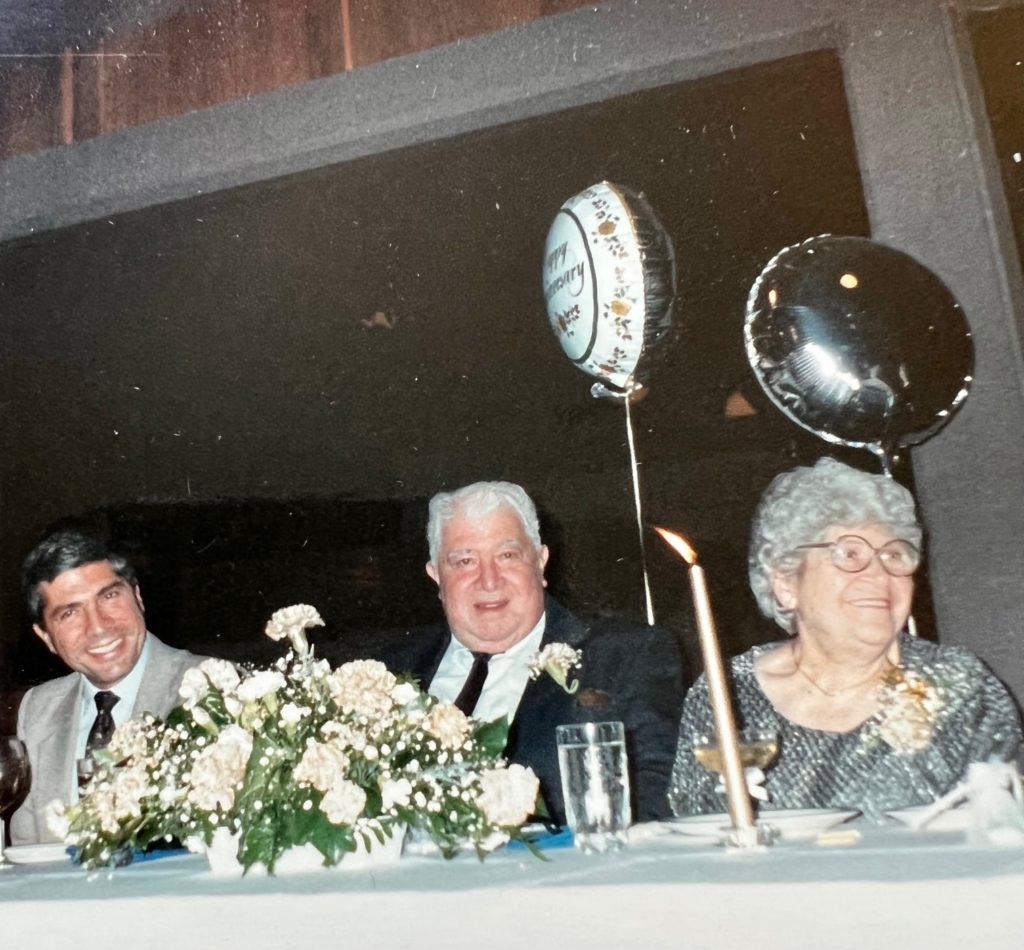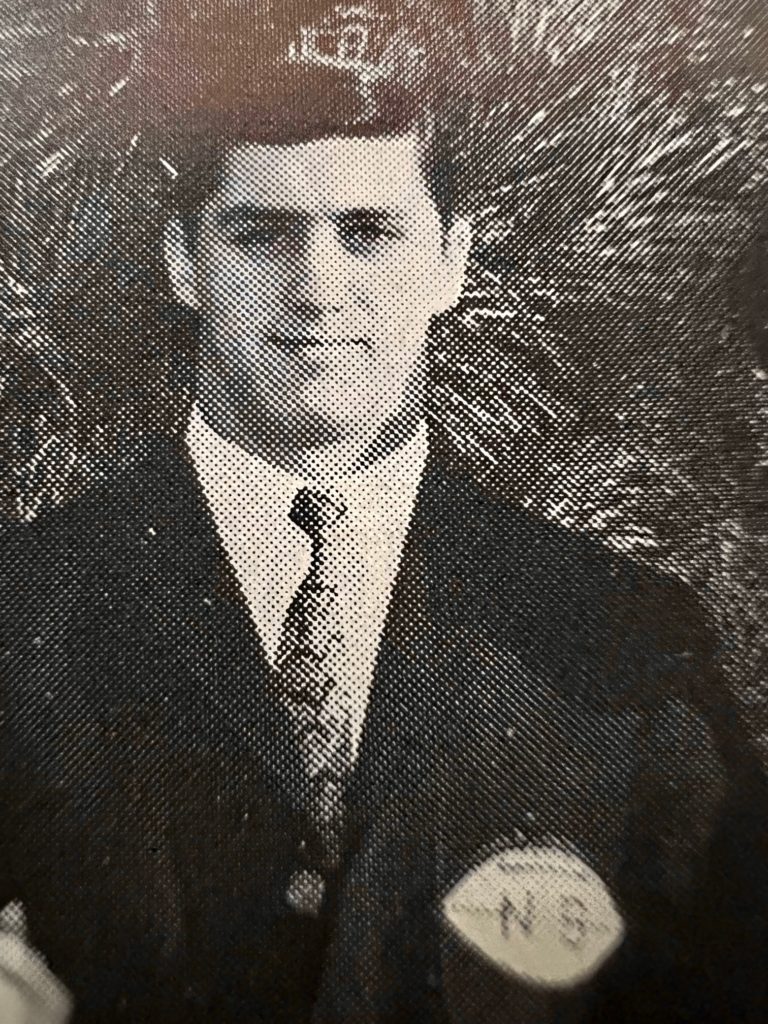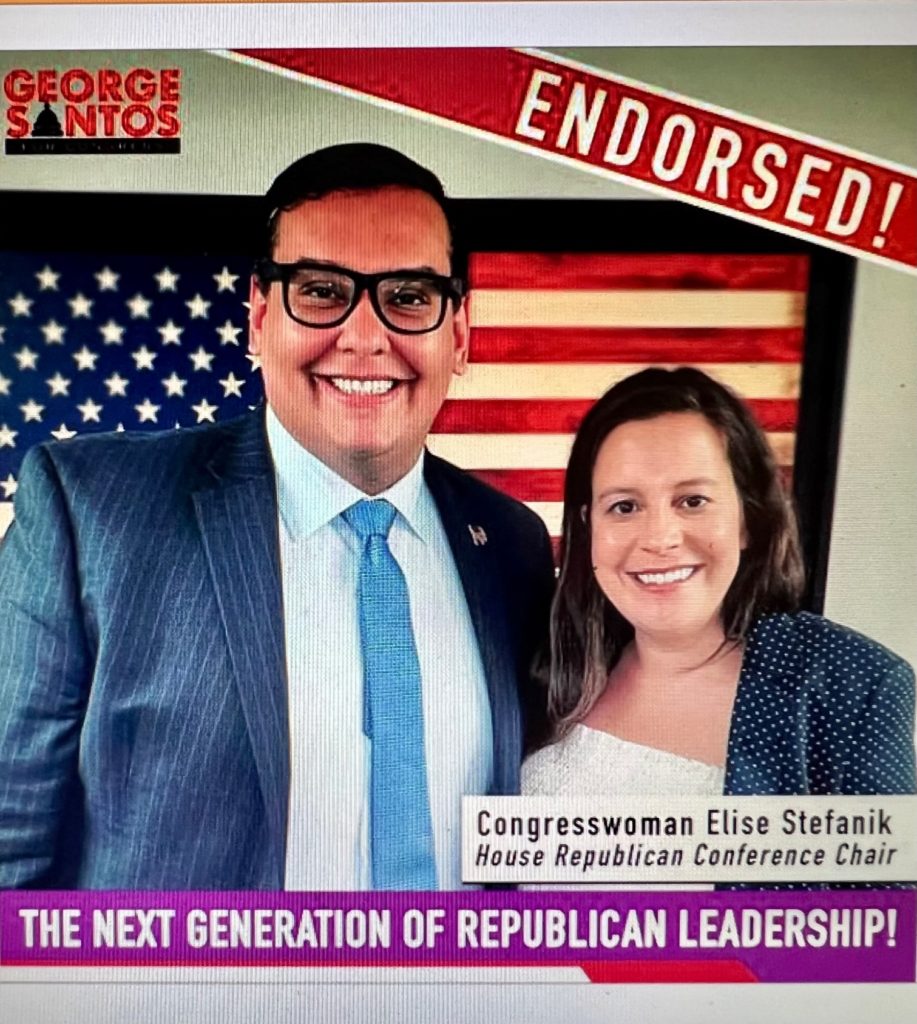
(My mother, Margaret DeSimone Villano (far right), my father, Alphonse Villano (center) and me (far left) at my parents 50th Wedding Anniversary party.)
(My father died 30 years ago this weekend on my 21st wedding anniversary. I wrote this piece immediately following his death, in 1993. It has even more meaning to me today.)
I watched my father take his last breath; saw his big, generous heart record its’ last beat; and spoke the last words he heard while he was still alive.
“I love you,” I told him for the first time ever.
He nodded his head as if to say “yes, I know; I’ve always known,” and he drifted off into a restful sleep from which he would never awaken.
I watched him all that day, the last day of his life.
He died the way he wanted to, insisting on control of his last few hours of time. When the doctor and the respiratory technician asked him to take a deep breath on the last morning of his life, my father refused.
He shook his head “No,” unable to speak because of the respirator tube stuck down his throat.
“Are you telling me you want to have the tube removed, Mr. Villano?” the doctor asked.
My father shook his head “yes.”
The doctor asked him if he knew what that meant.
Again, my father shook his head “yes.”
For days, my father, suffering from a terminal cancer that was shutting down each system in his body, tried to tell me he was ready to die.
He knew he was paralyzed from the middle of his back down, where the cancer had invaded his spine and eaten into his bone marrow. He knew he was bleeding from within and had taken 11 pints of blood in a little more than two days. He knew his lungs were too weak to work on their own. And, he knew that his blood pressure—always high before hospitalization—could not get high enough without him being pumped full of so many liquids he looked as if he would burst. Always alert, eyes darting about the room observing everything, my father knew all these things.
Each day for a week, I carried the daily newspapers into the intensive care unit and read my father the sports pages, telling him how the Yankees did and reciting the horse racing results for him. Then, my father, always an avid sports fan, lost interest in sports. When I asked if he wanted me to read to him, he would look away from me and stare at the ceiling, his eyes filled with tears.
Two days before he died, my father tried to tell me what he wanted. He held my hand and pointed to the wall clock facing his hospital bed.
“Time?” I asked my father, trying to understand what he wanted to say, but fearful of what he meant. “It’s 11:30,” I said.
He shook his head “No,” and mouthed the words, “Time to go.”
I looked across my father’s large body at my brother-in-law, Carlo Lofaro, who was standing on the other side of the hospital bed, holding my father’s other hand. We were both too stunned to move. I couldn’t accept what he was telling us.
“Time to go?” I said to my father, choking on the words, looking at Carlo to see if he interpreted my father’s struggle to communicate the same way I did. Then I looked at my father, and he nodded “yes,” and his eyes glazed over with fear and anger and depression.
I couldn’t accept those words, his wishes. I thought of asking him, “do you want to die?” but, frightened of what his answer would be, I did not.
“Time to go where?” I asked.
My father mouthed the word “home.”
“Home?” I asked him. “Time to go home?” What if he meant to die, I asked myself.
“Time to go home?” I repeated, looking at Carlo.
My father nodded his head “yes.”
“You can’t go home, Dad,” I answered. “You have too many things wrong with you to leave the hospital now.”
My father looked away from me, disgusted. His look tormented me.
“Do you want to spell a word, Dad? “ I asked, hoping that he did not; fearful he would spell the words “to die.” Earlier in the week we devised a word game to help him communicate, where I would say a letter and he would nod “yes,” or “no,” until we spelled the word he wanted.
He shook his head in disgust. “No, no, no, no.” He knew I couldn’t accept what he wanted to do.
My father’s eyes haunted me. Privately, we were all praying for God to do what none of us could bring ourselves to do—make the decision to end his life, peacefully, without pain. But now those eyes, those accusing eyes, looked at me like it was my fault he was still alive, or that I had lied to him about the cancer that was killing him.
Was it up to me to ask him if he wanted to live or die? If he wanted the respirator turned off?
The day before he died, my father pointed to the respirator—the ever-wheezing, ever-breathing respirator next to him—and turned the palms of his tethered hands upward as if to say, “What’s the use?”
He kept eyeing the machines that were keeping him alive with nourishment and medicine and blood. He wants me to pull out all the tubes, I thought, as I held one of his swollen hands, and my brother Michael held the other.
“What are you looking at, Dad?” I asked him, knowing exactly what he was looking at; even what he was thinking.
“You looking at the machines?” I said. “Let me tell you what each one does.”
I proceeded to explain to him what each of the elaborate computers connected to him was pumping into his body. He looked away from me and stared at the ceiling with a despairing gaze that cut right through my soul.
I knew what he was thinking, but I could not bring myself to ask him if he had had enough. So, I asked him something I knew would lift his spirits.
“Dad,” I asked. “Do you want to see Mom tonight?”
He shook his head “Yes,” emphatically “yes,” and a chill went up my spine. I tried to qualify my offer.
“We’ll see how her leg feels, Dad, but if we can, Vera, Carlo and I will bring Mom to see you,” I told him.
My mother, a polio survivor, was bedridden from knee surgery and had come to visit my father twice in her wheelchair. The last time she was in the hospital, my father suffered a major setback during her visit, forcing him back onto the respirator for the last time.
My father saw my mother that night for the last time, the night before he died.
She held his bloated hand tightly, through the side rail of the hospital bed, her wounded knee sticking straight out from the wheelchair through a tangle of tubes and wires which kept my father alive.
I saw him laying flat on his back, his breathing labored, his eyes watery and distant, transfixed on the ceiling, holding my mother’s hand while she grasped his. All I could see was both of them dancing, oh so briefly, at their 50th wedding anniversary party, my father’s eyes filled with tears of joy, his arm around the back of the only woman he ever loved. I saw them then; I saw them now, and I had to leave the room.
Before we left the hospital, my mother told my father she loved him, and I knew why my father wanted to see her one last time.
I knew my father would die the next day, my own 21st wedding anniversary, and after seeing my mother with him, and seeing his eyes staring at me throughout the night, I finally accepted my duty to him to ask a simple yes or no question the next morning that he could nod his head to: “Dad, do you want the respirator turned off?”
I drove to the hospital in my father’s car, looking at my father’s sun glasses and baseball cap on the front seat, with my father’s plastic Blessed Virgin and Christ child proudly perched on the dashboard of his 1979 Dodge Aspen, Special Edition. When I arrived at the hospital, I saw my brother Vincent’s name already signed into the Visitor’s log at 9:50 am. Something is wrong, I thought.
I took the elevator up to the second floor and dashed into my father’s room where I saw him, propped up in bed, with my brother Vinny on one side of him, and the respirator, unplugged, on the other. My father was wearing an oxygen mask to help him breathe. The bloated look he had the night before was gone; the anger in his eyes had disappeared.
I leaned over to him and kissed him on the forehead. I could not speak.
“That wasn’t doing no good, Steve,” he said to me in a barely audible voice, motioning to the now silent respirator.
“I know, Dad, I know,” I said, swallowing my words, my brother standing next to me with his hand on my shoulder.
I held my father’s hand and rubbed his shoulder just above his WW II tattoo, as the doctor explained my father’s decision. The nurse came in and gave my father a shot of morphine to help him sleep. Just before he closed his eyes, I told him two things.
“We love you, Dad,” I said. My brother walked away from the hospital bed, stared out the window and then walked out of the room.
Alone with my father, I spoke to him the last words he would hear: “I love you, Dad.”
My father nodded his head and never woke up again, sleeping peacefully for 12 hours before his breathing, his pulse and his heart all stopped, snoring at times, reminding me of how he slept on his chair at home, in front of the television, when anything but “Perry Mason,” was on.
My father had given all of us a great gift, bittersweet as it would forever mark my wedding anniversary. He made the choice none of us could make, and died with dignity, worthy of a hero.




